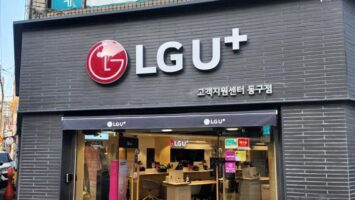SNEAK PEEK
- Middle East’s NFT community Art DAO has partnered with security giant Ledger.
- Arts DAO can offer its members NFT wallets for cryptocurrency via the collaboration.
- Dubai launched the Global Blockchain Council to support a digital government in the state.
Arts DAO can offer its members non-fungible wallet options thanks to Ledger, the world’s leading provider of digital storage for cryptocurrencies, as part of its partnership with the biggest non-fungible token (NFT) and Web 3.0 communities in the Middle East.
The largest Web 3.0 and NFT community in the area, DAO is a decentralized autonomous organization (DAO) that backs exceptional Web 3.0 businesspeople, makes investments in blue-chip companies, and helps significant organizations with their Web 3.0 strategy.
Ledger, a French company, is the top safe gateway for digital assets. It was established in 2014 by individuals with complementary backgrounds in business, integrated security, and cryptocurrencies. Ledger’s affiliates employ around 800 individuals in European cities. The company, which has sold over five million devices to customers in 200 countries, is responsible for protecting 20% of all crypto assets on the planet.
A ledger serves as a “cold storage” option, says Danosch Zahedi, Co-Founder of Arts DAO. With decentralized finance, anybody with a cold storage wallet can serve as a bank. This is critical in light of recent cryptocurrency market volatility and future-defining events like the FTX crash.
According to Arts DAO’s Anas Bhurtun, historical regulatory advancements have benefited NFTs and cryptocurrencies as business tools. “Dubai has continuously proved its commitment to the virtual economy.”
In 2016, Dubai announced plans to create a fully digital government by 2021. In support of this effort, the emirate founded the Global Blockchain Council. All facets of municipal management, including security, transportation, and health, could be technologically integrated.
With this step, people in the region can save their cryptocurrency. Ledger says when users purchase a cryptocurrency, users obtain a “private key,” a vital piece of data required to approve outbound transactions on the blockchain network.








